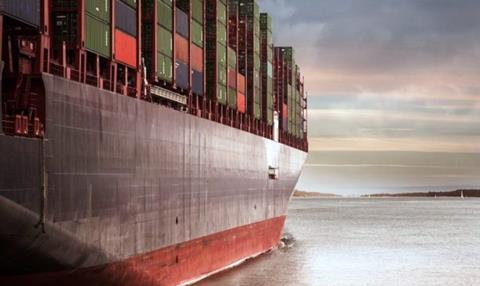Spending watchdog the Public Accounts Committee (PAC) has published an updated report on the impact of Brexit, noting disruptions to international trade flows and increases in costs for businesses.

The PAC said that it is not yet clear to what extent the declines in UK trade with the EU since the end of the transition period have been caused by EU exit, or by the Covid-19 pandemic. In 2019, HMRC estimated that complying just with new customs rules could cost UK and EU businesses £15 billion per year. HMRC told the committee in November that it has not updated its 2019 estimate, but that there are indications that the costs to businesses will be less than that estimate.
The report highlighted potential issues with the new border arrangements when subjected to normal, pre-pandemic levels of activity. It said that cross border passenger volumes have been a fraction of normal levels since the end of the transition period because of Covid-19, but they may increase from these low levels considerably during 2022. It added that there is also potential for disruption at the border as a result of the EU’s planned introduction of biometric passport controls under its new Entry and Exit system.
In its recommendations, the committee has called on government to set out its scenario planning and modelling for passenger volumes in 2022 and clarify how it will manage the increased pressures.
The committee said that the government’s plans to create “the most effective border in the world” by 2025, which includes plans to make it easier and simpler for traders to submit information on goods crossing the border, were “optimistic, given where things stand today."
In conclusion, the report stated that that there is “much more work” that departments should be doing in the shorter term to understand and minimise the current burden on those trading with the EU, to address the immediate delivery and readiness risks in introducing import controls, and to have a border in place which is operating effectively without further delays or temporary measures.
Other conclusions made by the PAC include:
- More could be done by government to ensure small and medium sized enterprises (SMEs) are prepared to face the additional costs and administration required by new border requirements. The committee found that many businesses could not access support measures put in place ahead of the new controls, including a £20 million SME Brexit Support Fund.
- Departments have consistently rated a lack of trader and haulier readiness for new border controls as a high risk to the operation of the UK border after the end of the transition period. The report said that government should set out departments’ assessment of EU trader and haulier readiness, to determine whether any intervention by either itself or the EU may be required; and set out any plans for additional support
- Businesses have faced challenges operating under the Northern Ireland Protocol which need to be resolved. The committee recommended that government should continue its efforts to resolve the challenges of the Protocol and ensure that departments are ready to put any negotiated outcome into operation.
This story was originally published on a previous version of the Meat Management website and so there may be some missing images and formatting issues.












